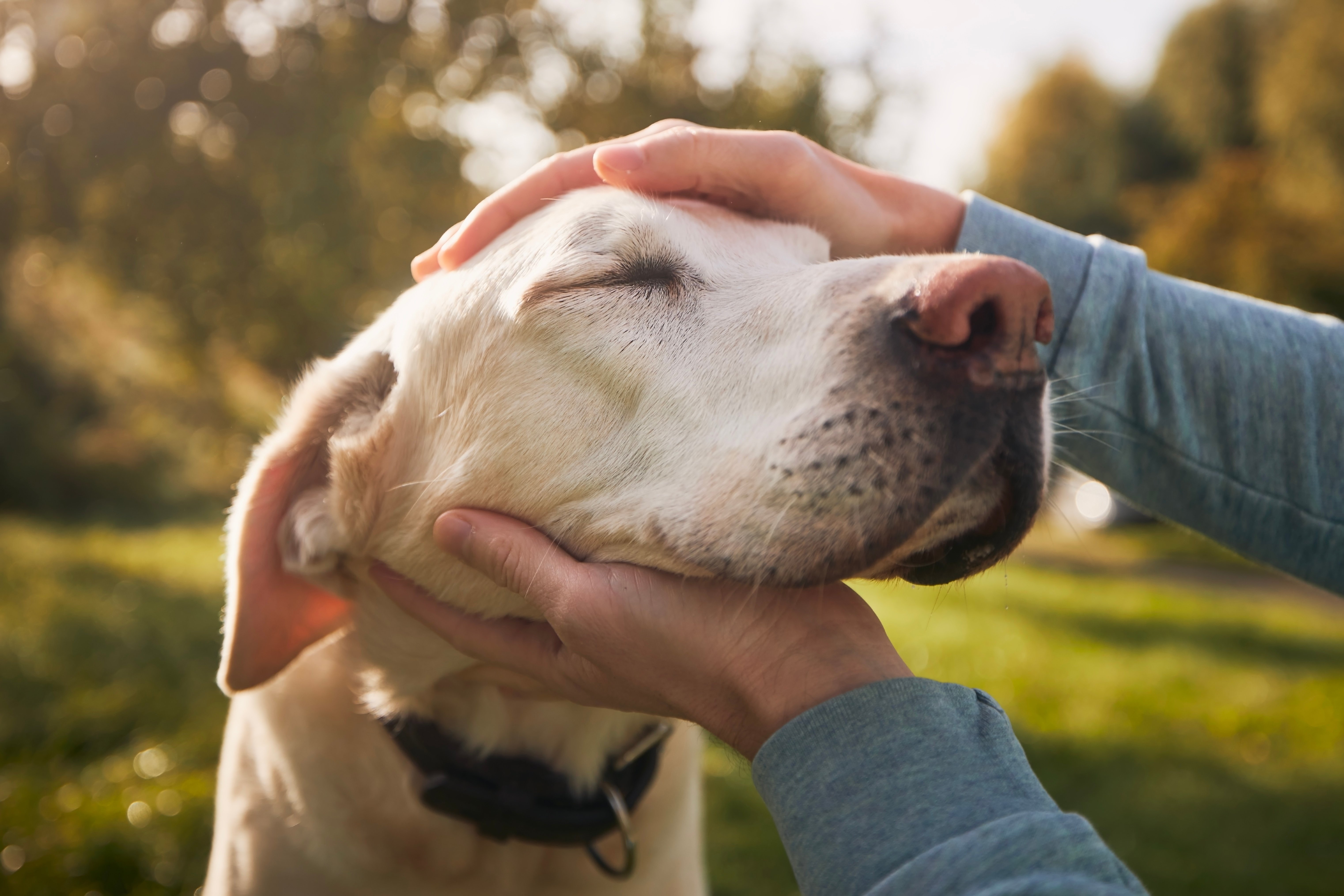
Stress and Skin Health
Just like people, pets can experience stress and anxiety—and when they do, it often shows up on their skin. From itchy hot spots to excessive licking or hair loss, stress-related behaviors can take a toll on your dog or cat’s skin health. Understanding the connection between stress and skin issues can help you better support your pet’s comfort and overall well-being.
Signs That Stress May Be Affecting Your Pet’s Skin
When pets feel anxious or unsettled, it can lead to behaviors or physical reactions that damage their skin and coat. Common stress-related skin issues include:
- Excessive Licking, Scratching, or Chewing - pets may try to self-soothe through repeated behaviors that irritate their skin.
- Dry, Flaky, or Sensitive Skin - chronic stress can disrupt the skin barrier.
- Hormonal & Immune System Imbalances - stress impacts hormone levels like cortisol,
- Gut Imbalance and Nutrient Absorption - stress can affect digestion and gut health, which in turn can impact the skin.
How to Help Pets With Stress-Related Skin Problems
Managing stress and skin health often go hand in hand. A whole-body approach can help reduce itching, calm anxiety, and strengthen your pet’s natural skin defenses.
1. Identify and Reduce Stress Triggers
Has there been a recent move, a new pet, or time apart from the family? Try calming routines, gentle enrichment, or safe spaces. Consider pheromone sprays or natural calming aids for anxious pets.
2. Keep Skin Moisturized and Protected
Use moisturizing shampoos or sprays made for sensitive skin. Look for products that help repair the skin barrier.
3. Soothe the Itch and Minimize Damage
Try anti-itch mousses, sprays, or gentle shampoos. Use protective tools like E-collars or socks to limit self-trauma. Talk to your vet about allergy management if scratching is persistent.
4. Support Gut and Immune Health
Use probiotics to support the gut-skin connection. Consider nutritional supplements or tailored diets for sensitive pets. Monitor for conditions like hypothyroidism or Cushing’s disease that affect skin and coat health.
Contact your vet
If your dog or cat seems itchy, uncomfortable, or has changes in their coat or behavior, stress could be playing a bigger role than you think. By creating a calm environment and using gentle, skin-supporting products, you can help your pet feel better both inside and out.